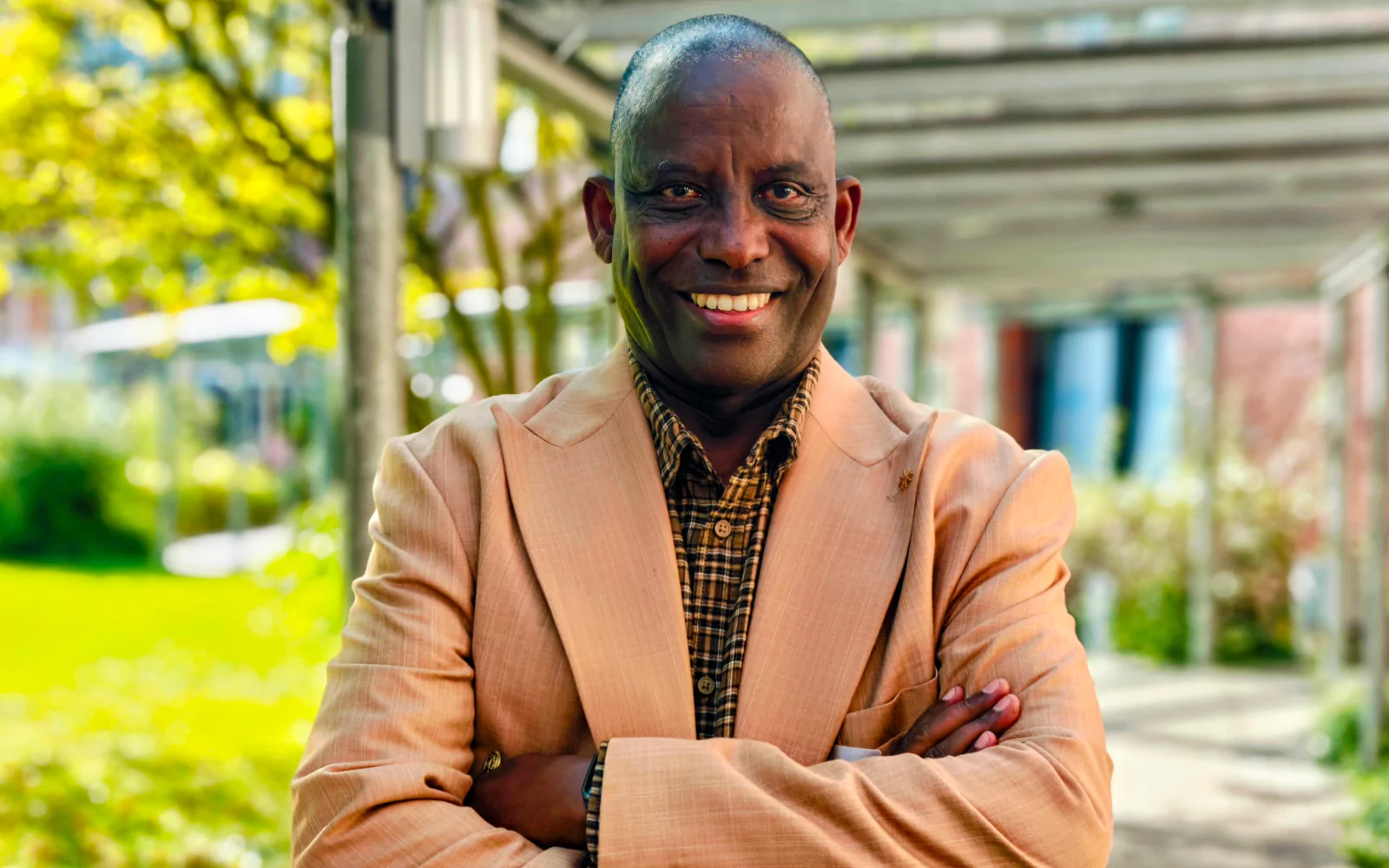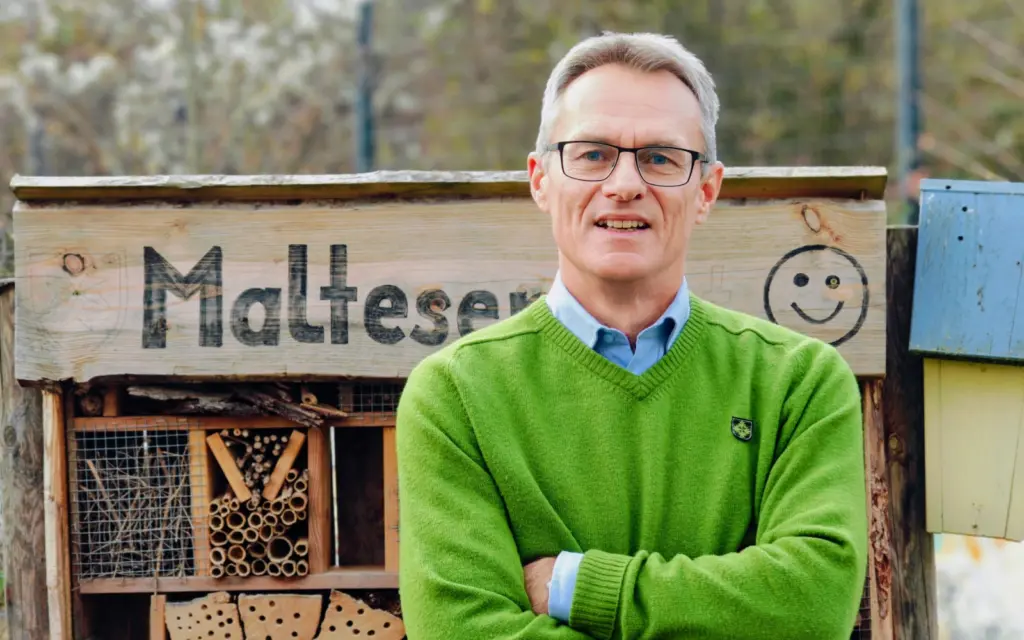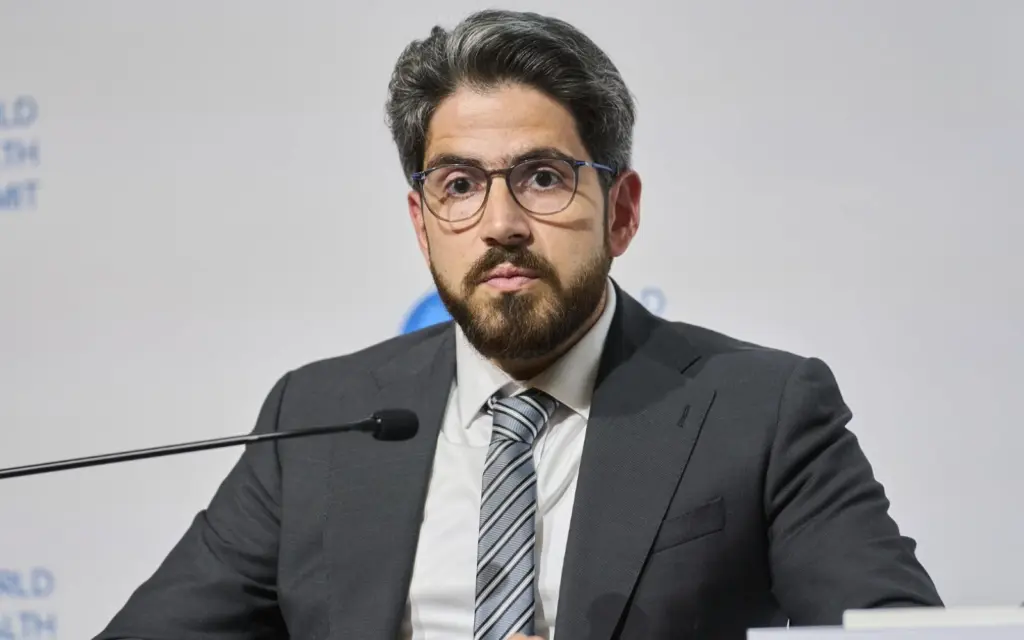For me, peace is not just a strategic aim. As the CEO of PACIDA, an organization deeply rooted in pastoralist communities in Northern Kenya and Southern Ethiopia, I have seen firsthand the urgent need for a holistic approach to humanitarian aid, development, and peace—the HDP Nexus. For the people here, it’s not an option to choose between these pillars. They are all interwoven into our very existence.
I’ve seen how the shifting sands of climate change create intense competition over scarce resources, leading to conflicts that threaten fragile peace. The cycles of drought, floods, and poverty are devastating, compounded by a historical neglect of these arid and semi-arid lands. When I look at the young men fighting over a water source or the women walking for miles to find pasture, it’s clear to me that the HDP Nexus is not just a theoretical concept—it’s the reality we live.
However, implementing this integrated approach comes with its own challenges. I’ve encountered them many times over the years as we’ve worked to provide aid, promote development, and foster peace in this complex landscape.
The Ground Realities of the HDP Nexus
- Funding Gaps and Priorities: I’ve seen funding challenges up close, as humanitarian aid, development, and peace are often funded separately. For example, when a donor focuses on drought relief, they may not see the immediate need to address resource-based conflicts that exacerbate the drought’s impact. Emergency aid always tugs at the heartstrings, and while food donations are vital, they don’t address the long-term needs like drilling boreholes or empowering communities to grow their own food.
- Sector Coordination: It pains me to see how sometimes well-intentioned actors fail to work together, leading to duplication and, at times, competition over resources and visibility. We’ve experienced situations where multiple organizations implement overlapping projects without coordination, which only adds to the confusion and inefficiency on the ground.
- Sensitivity of Operating Areas: Working in such a delicate environment requires an in-depth understanding of politics, culture, and religion. I have witnessed how easily a project can falter without this awareness—whether it’s navigating political election seasons or respecting the diversity of tribes and their customs. Even seemingly minor things, like how you phrase your communication, can impact trust and relationships with these communities.
- Capacity Gaps and Rapid Changes: The communities PACIDA serves have faced an unprecedented series of challenges recently—drought, the COVID-19 pandemic, locust invasions, and floods. Such rapid changes require our organization to be agile and responsive, but not all actors have the necessary capacity to adapt to this fast-paced environment. And, without building this capacity, meaningful long-term change becomes much harder to achieve.
- Engagement of Local Communities: One of the most critical lessons I’ve learned is the need to fully engage local actors and communities. These are not passive recipients of aid; they are active partners who know their challenges—and solutions—better than anyone else. We must treat them as equals, listening to their insights and involving them in every step of our work.
Pathways to an Effective HDP Nexus
Despite these challenges, I firmly believe that we can improve the effectiveness of the HDP Nexus. Through my work with PACIDA, we’ve identified some key solutions:
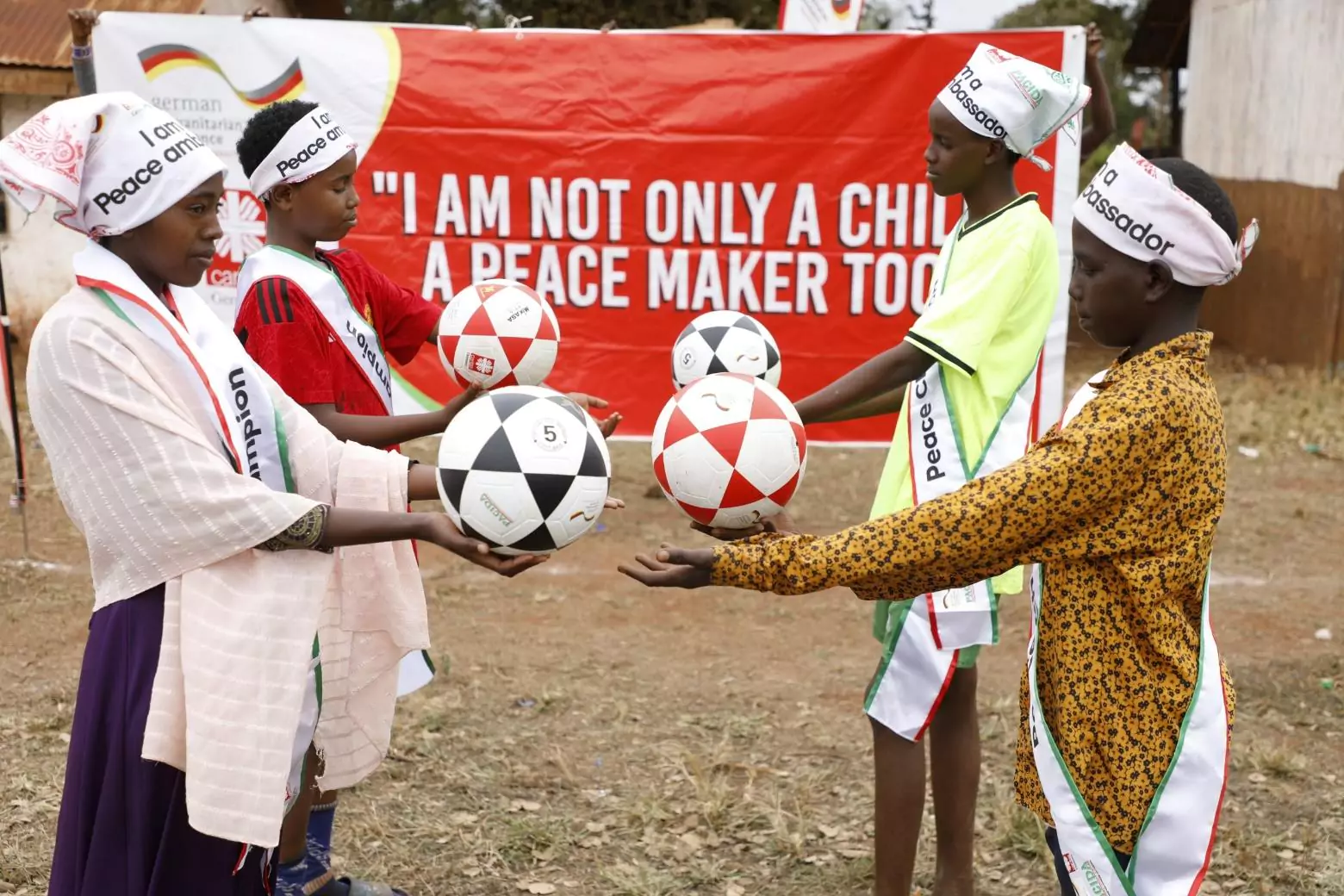
- Fostering Collaboration Over Competition: My experience has shown that we achieve more when we collaborate. We must build partnerships, share resources, and learn from each other’s successes and mistakes. For instance, why should one organization struggle with a problem today when another has already found a solution last year?
- Understanding Communities Deeply: It is crucial to understand the complex dynamics of the communities we serve. At PACIDA, we invest time to learn about local leaders, cultural sensitivities, and the unique needs of each population. This means customizing our interventions to fit the communities’ specific circumstances—whether it’s ensuring fair access to resources or maintaining neutrality in politically sensitive times.
- Innovating for Sustainable Solutions: One of my proudest achievements at PACIDA has been our work to innovate within the HDP Nexus space. From introducing prepaid water meter systems to prevent conflicts over water use to piloting disaster response technologies like Janga Report, we are constantly looking for ways to think outside the box. Innovation is not a luxury; it’s a necessity for our survival and sustainability.
- Empowering Local Voices: Engaging local actors has been one of the most impactful approaches we’ve taken. I have seen projects succeed when we involve local community members, respecting their knowledge and tapping into their networks. It’s not just about drilling a borehole—it’s about involving the community in managing that resource, so they have a stake in its success and sustainability.
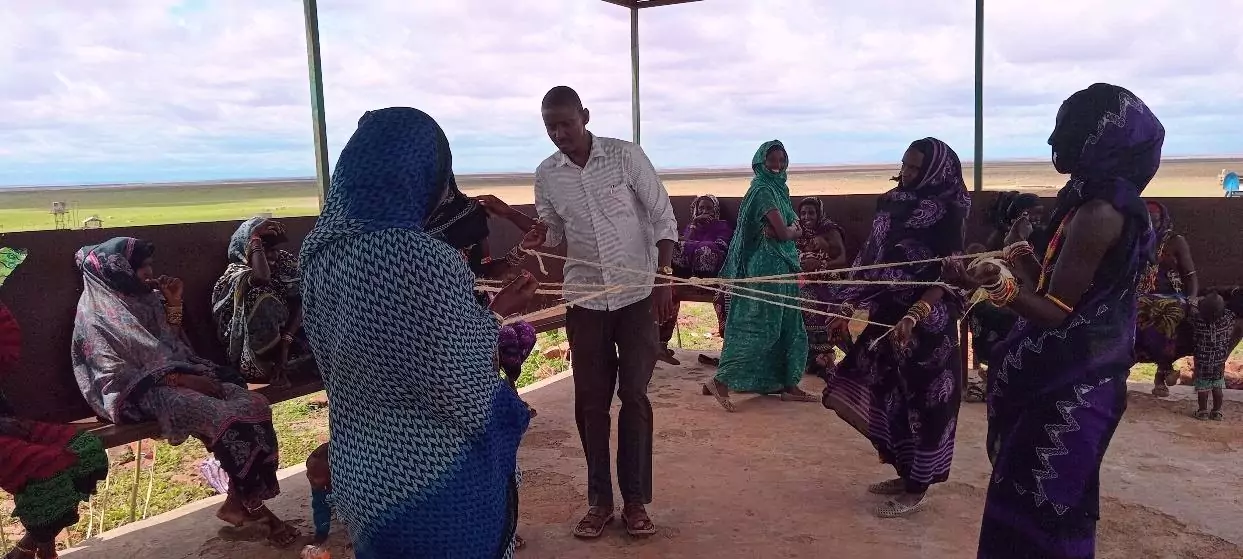
The pastoralist communities PACIDA serves are resilient and resourceful, but they need support to overcome the multifaceted challenges they face. For us, peace is the only choice, and achieving it requires an integrated, collaborative, and innovative approach within the HDP Nexus framework. Only then can we secure a future where humanitarian aid, development, and peace are not just concepts but realities that sustain our communities.
Who Are Pastoralists?
Pastoralists in Northern Kenya and Southern Ethiopia form the backbone of the economy in these arid and semi-arid regions. In Northern Kenya, around 4 million pastoralists inhabit nearly 70% of the country’s landmass, contributing approximately 12% to Kenya’s GDP through livestock production, which employs about 90% of the local workforce.
In Southern Ethiopia, pastoralist communities make up around 15% of the national population, with an estimated 12-15 million people living in these areas. Livestock is also a key economic driver in Ethiopia, contributing nearly 40% to the country’s agricultural GDP and supporting millions through trade, food supply, and livelihoods.
About PACIDA
PACIDA is a regional humanitarian organization working to improve the lives of pastoralist and agro-pastoralist communities in Northern Kenya and Southern Ethiopia. Operating in Marsabit, Samburu, and Isiolo Counties in Kenya and multiple regions in Ethiopia, PACIDA addresses disaster risk reduction, livelihoods, WASH, peace, health, and education.
By centering community participation and leveraging local knowledge, PACIDA ensures sustainable, culturally relevant interventions. Through regional offices and a cross-border approach, PACIDA enhances resilience to crises like droughts and conflicts while fostering collaboration and learning across borders.
